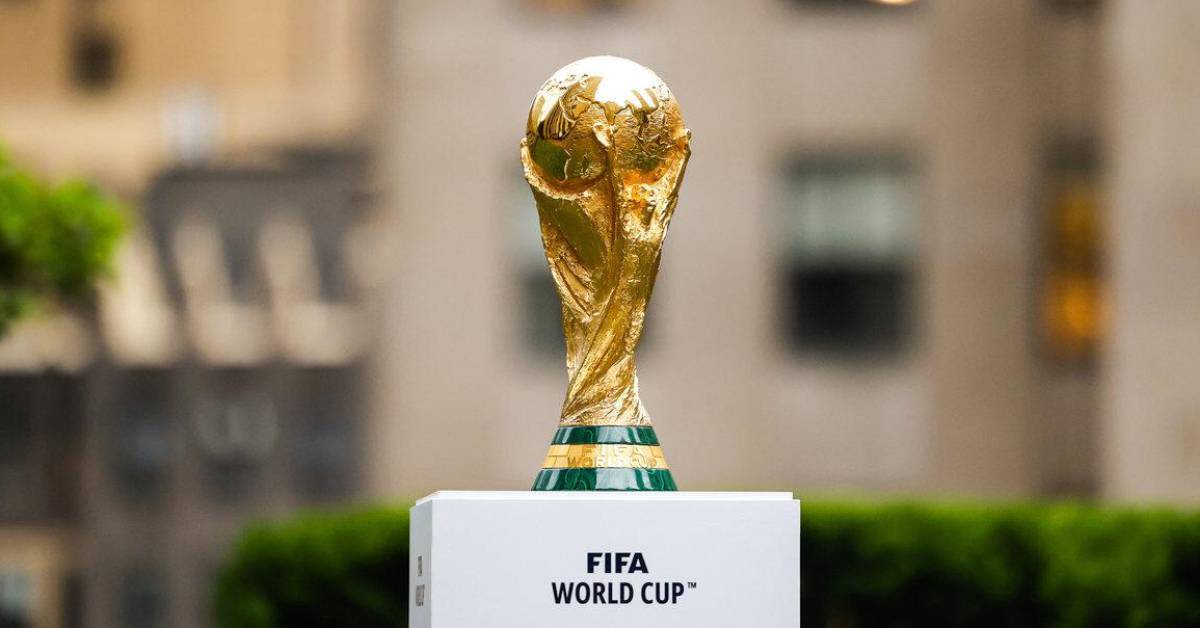As the clock ticks down to a crucial World Cup 2026 qualifying match against Burundi, the Gabonese national football team is engulfed in controversy. Scheduled to kick off at 21:00 local time, this encounter is critical for the Panthères (the Panthers), who are determined to secure their spot on the global stage. However, just hours before the match, tensions have escalated as players led by star forward Pierre-Emerick Aubameyang have taken a stand that has shocked fans and stakeholders alike.
A Call for Justice
Reports from AFC Sports and Gabon Media Time reveal that the Gabonese squad refused to train the day before their pivotal clash. The reason? A long-standing grievance regarding unpaid bonuses promised by the government following their qualification for the Africa Cup of Nations (AFCON) 2025—a feat they achieved nearly a year ago in November 2024. Coach Thierry Mouyouma expressed disbelief over the situation, stating, “The players have not received what is rightfully theirs after such an important achievement.”
The Players’ Dilemma
This refusal to train stems not only from financial frustrations but also from broader issues concerning player welfare. The squad has voiced dissatisfaction over inadequate accommodation and logistical support, which have compounded their grievances. Reports indicate that players were forced to wear the same training kits repeatedly, illustrating a lack of investment in their well-being.
The boycott highlights a larger narrative within African football where athletes often find themselves fighting for basic rights and recognition. This act of defiance serves as a reminder of the struggles many teams face when dealing with administrative issues that overshadow their sporting ambitions.
Tactical Implications
From a tactical standpoint, this internal strife may impact Gabon’s performance on the field. The Panthères will need to channel their frustration into determination if they hope to overcome a competitive Burundi side. With Aubameyang leading as captain, his experience in high-pressure situations could be vital in rallying his teammates despite these challenges.
Gabon’s style of play traditionally emphasizes quick transitions and utilizing pace on the wings, a strategy that relies heavily on cohesion and morale within the squad. A lack of focus stemming from off-field concerns could disrupt their game plan against a Burundi team that thrives on defensive solidity and counter-attacking football.
The Broader Context of African Football
This incident isn’t isolated; it reflects ongoing challenges faced by many African nations striving for success on international platforms. The financial instability and administrative shortcomings often hinder teams’ performances during crucial tournaments like AFCON and World Cup qualifiers. As Gabon prepares for what could be one of their most important matches in recent history, this situation raises questions about how African football authorities can better support their athletes.
A Path Forward?
The implications of this standoff reach far beyond just one match; it underscores an urgent need for reforms within African football governance. Ensuring timely payments and proper conditions for players can significantly enhance team morale and performance on both continental and global stages.
Looking ahead, it is vital for Gabon’s football federation to address these grievances promptly to avoid further unrest among players. Engaging with athletes and ensuring transparent communication could pave the way for smoother operations in future campaigns.
As fans await tonight’s match with bated breath, they hope that regardless of external pressures, their team can rise above adversity—a testament to their resilience and passion for representing Gabon on the world stage.

Leave a Reply